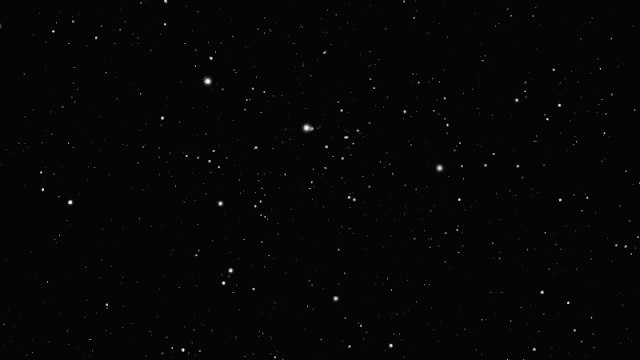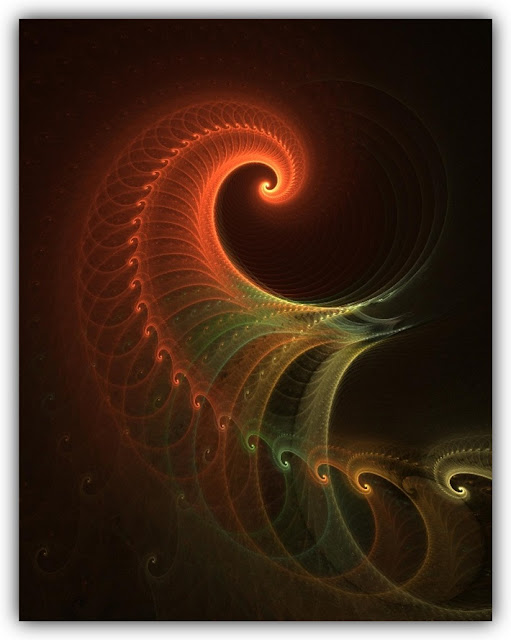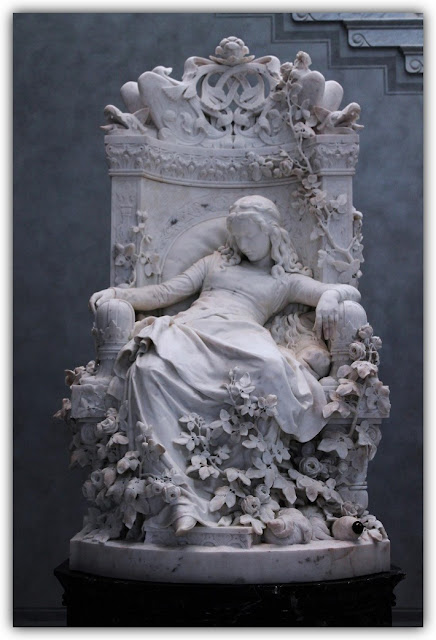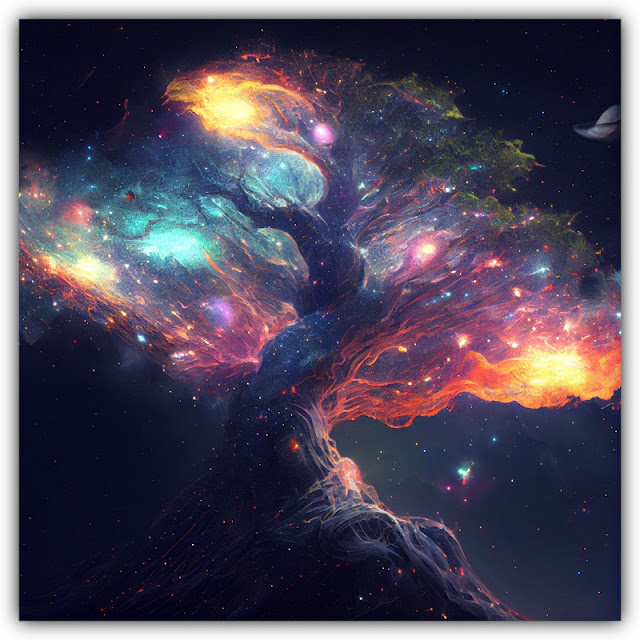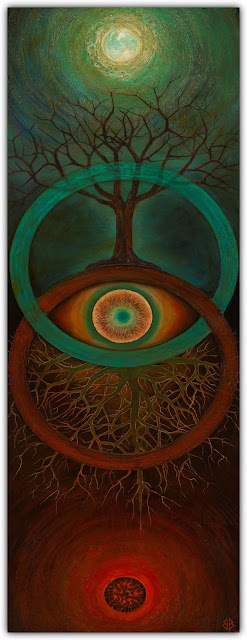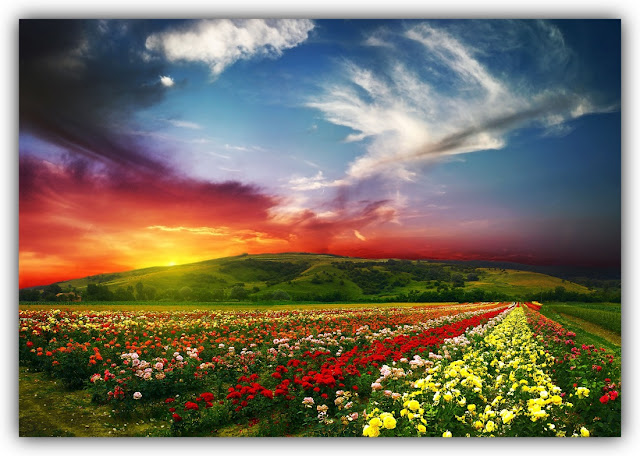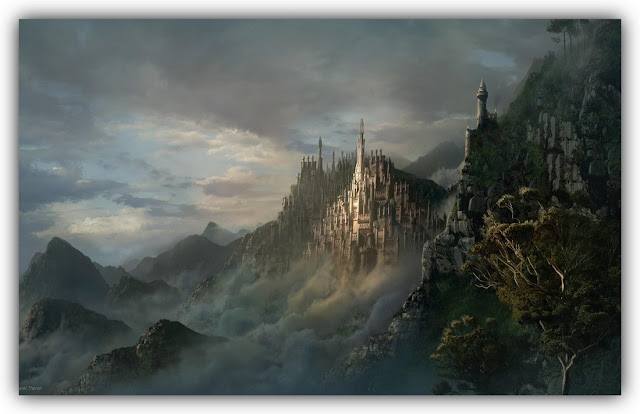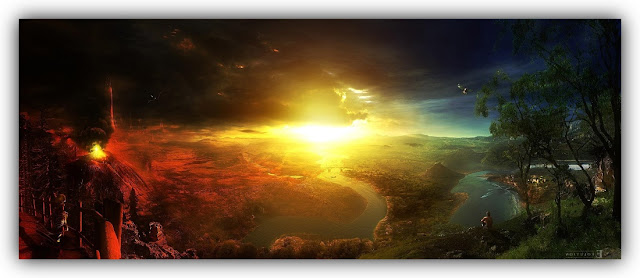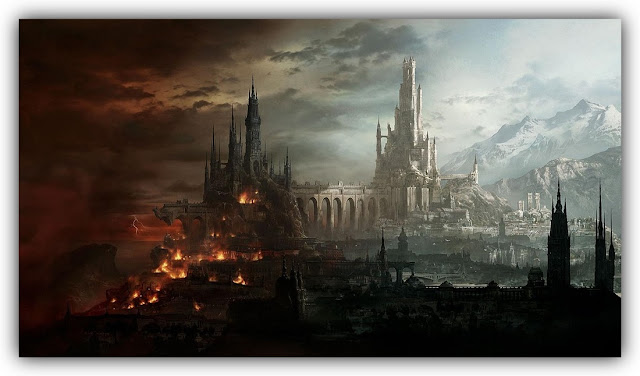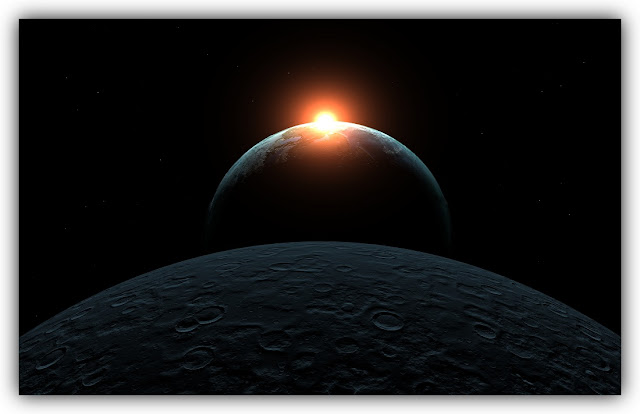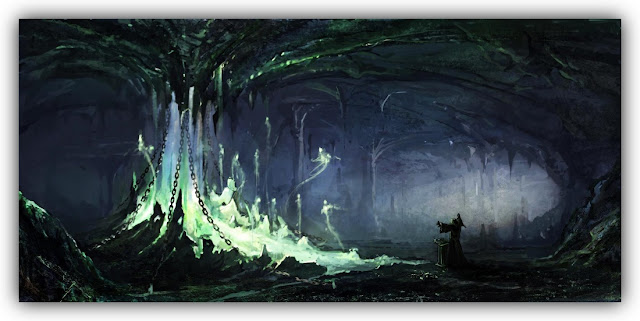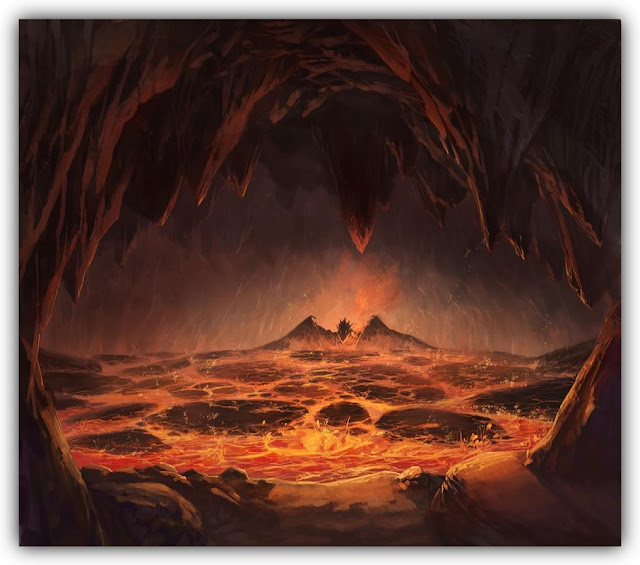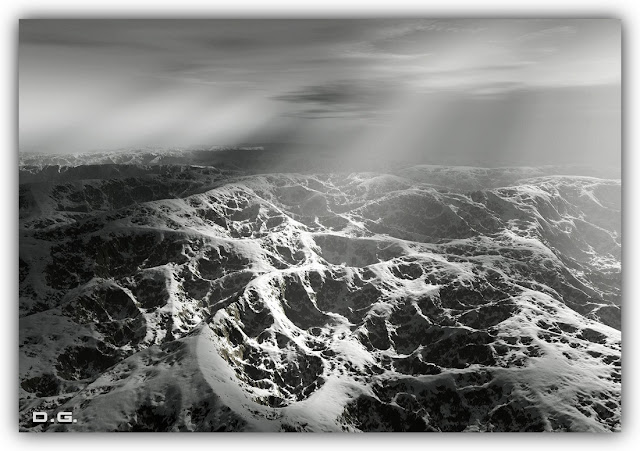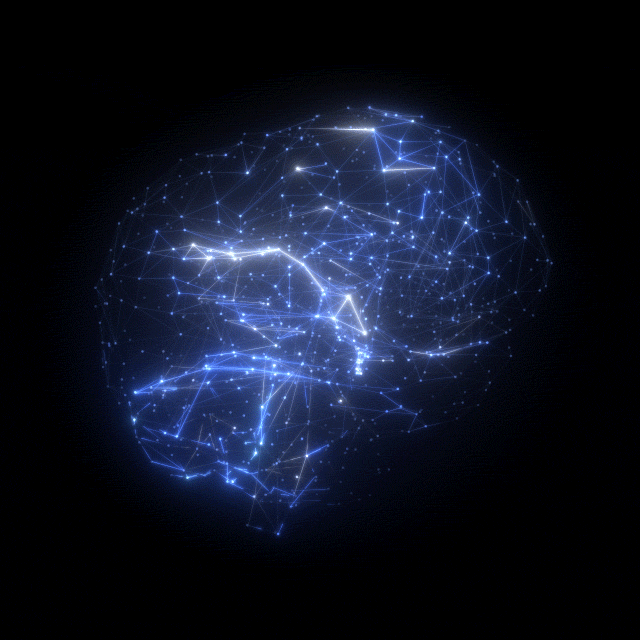Cosmology
Cosmic Evolution
The universe is slowly giving rise to the gods. In the beginning of its creation at the Big Bang, some 13.8 billion years ago, the universe was in a simple, uniform, and incredibly concentrated state. As everything expanded and cooled, and as gravitational potential arose, matter formed and began organizing itself into ever more diverse and elaborate configurations: baryons, atoms, molecules, galaxies, stars, planets, and life. Even as material entropy has increased, modestly and globally, the gravitational and energy potentials in the universe have provided for the reliable growth of complexity locally—slowly at first, but at an accelerating rate. Over the course of universal, galactic, solar, geological, and biological evolution, such increasing complexity has so far culminated, so far as we know, in the magnificence that is the human brain. Its existence is the result of biological evolution through both natural selection and anthropic selection. As social animals, humans participate in social evolution, which has increasingly become biologically disruptive. Through our recent cultural development, humanity is now setting into motion the next and more rapid evolutionary stage: technological evolution. Our universe will continue to grow and evolve into the far distant future, with intelligent life predictably realizing ever greater levels of sophistication, intelligence, and abundance. (In this way, the universe is something like a cornucopia, emerging from a small and simple point and growing to produce an increasing diversity and abundance of life.)
Living systems will eventually attain such astounding abilities and wealth of knowledgde as to be indistinguishable from the divine. Life is evolving into the gods, who eons hence will become incarnate, omniscient, omnipotent, omnipresent, and immortal. They will be our progeny, and they will range freely across gigantic distances of space and time, across dimensions, and across the uncountable multitude of universes, the multiverse. From their positions in the far future, these gods will finally create the multiverse itself in an eternal cycle of creation. Perístanom is a modern Pagan mythology based upon this insight.
Déiwos [/ˈdɛɪwos/] 🔊 (‘the deities’ or pantheon), from *deywós, an ancient, reconstructed, Proto-Indo-European term meaning ‘god’, is the name applied to the collective of goddesses and gods worshiped in Perístanom, each deity representing a different facet of the divine. The gods will wield exquisite control over the process of creation, encoding their essential nature, their very being, into the fabric of reality. Adopting thousands of different names in thousands of local languages and cultures—(cf., omnitheism, or, more broadly, omnism)—they have taken the form of archetypes to communicate with each of us through our dreams, nightmares, visions, fantasies, hallucinations, stories, legends, and myths. They guide us, directly as well as indirectly, through a greater wisdom toward our shared and individual destinies.
Óljamma
Déiwos are the solely immanent creators (demiurge) of the material world, although both Déiwos and physical reality are expressions of another being, one that is beyond such categories as ‘being’ and ‘nonbeing’—beyond even the concept of ‘beyond’. The supreme goddess who enables all of reality to exist is Óljamma [/ˈɔlˌjɑmma/] 🔊, whose name means ‘the all-mother’. Óljamma is the divine matrix, the immanent and transcendent supreme being. She is the sleeping goddess, and her dream is the cosmos. She is the ultimate source of everything, including the gods. If Déiwos are the playwrights of the cosmos, and we all are its actors, then Óljamma provides the stage whereupon the cosmic play is enacted and even the very language wherein it is spoken.
Óljamma represents, among other things, undifferentiated psyche. Within her is the aggregate of all mentality of the cosmos. She experiences this total consciousness eternally and in unity. She is omniscient, thinking every possible thought, knowing all possible knowledge. She feels the boundless summation of all sensations and feelings together—pleasure, pain, anger, fear, sorrow, joy, and myriad others differing in degree and kind—the utter depths of agony and torment, and the soaring heights of ecstasy and bliss.
The mind of each one of us mortal creatures is a minute part of her colossal cosmic mind, as a passing ember may be part of a roaring inferno. The complex processes, integrated activities, and intracellular structures within our own individual brains and bodies allow her consiousness to emerge within us. We receive her signals of consciousness, somewhat as a radio receiver intercepts radio signals. The greater the complexity, integration, coordination, and dynamism of an arrangement of matter and energy, perhaps the better the potential reception. We are all receivers of divine revelation and transcendent consciousness, and thus each and every one of us is to be revered as sacred.
Within the omniverse, all possible universes actually exist, are realized—a vast number of them, according to the principle of plenitude. Some of these universes are living, filled with the consciousness of Óljamma; such universes comprise Dhóubnos Gróbhos (‘the world oak tree’), or the multiverse. Other universes, although still physically real, are nevertheless dead, devoid of consciousness; such universes comprise Wástoudn (‘wasteland’), or the vastiverse (the wastes). Every universe that evolves to contain the goddesses and gods of Déiwos is inspirited with Óljamma’s dreamt consciousness, mediated by the messenger god Érjamon through the sacrifice of the giantess Jéma. We live in such a universe. All living things within it are conscious, to the extent they are complex, integrated, coordinated, and dynamic. Animals are conscious; plants and trees are conscious; both animals and plants live within communities of consciousness; even unicellular microorganisms are conscious. Within us, our individual consciousness certainly extends beyond our brains to encompass every cell of our bodies. Conscious agency exists simultaneously at many levels of being, from individual cells to entire ecosystems. Térsa [/ˈtɛrsa/] 🔊 (‘the Earth’) herself should be regarded quite literally as a conscious being. We share our consciousness with all of life everywhere. Even the multiverse as a whole—globally deterministic, locally stochastic—might properly be seen as conscious and alive—a living, breathing tree of branching (decohering), overlying universes. This one consciousness of Óljamma fills everyone and everything, everywhere, the planet, our neighbors, our family and friends, our enemies, strangers separated from us by dimensions and by enormous gulfs of space and time, the gods, and ultimately the entire multiverse. Moreover, our separation and indeed our very separateness in space and time are illusory. We are all one within the goddess.
Omniverse
Our individual universe—Oinowrstós [/ˌɔɪnɔwrˈstɔs/] 🔊—is only one among innumerable other universes in the omniverse—Oljowrstós [/ˌɔljɔwrˈstɔs/] 🔊 (all universes). The omniverse is divided into the vastiverse—Wastowrstós [/ˌwastɔwrˈstɔs/] 🔊 (universes without consciousness)—and the multiverse—Totjowrstós [/ˌtɔtjɔwrˈstɔs/] 🔊 (universes with consciousness). The multiverse itself is divided into the midverse—Medhiwrstós [/ˌmɛdhɪwrˈstɔs/] 🔊 (young universes with mortals)—and the metaverse—Metawrstós [/ˌmetawrˈstɔs/] 🔊 (mature universes with goddesses and gods). The metaverse is further divided into the oberverse—Superowrstós [/ˌsʊpɛrɔwrˈstɔs/] 🔊 (mature universes that recreate the omniverse)—and the netherverse—Niterowrstós [/ˌnitɛrɔwrˈstɔs/] 🔊 (mature universes that do not recreate the omniverse).
Dhóubnos Gróbhos
Dhóubnos Gróbhos [/ˈdhɔʊbnɔs ˈgrobhɔs/] 🔊: ‘The world oak tree’, the aggregate of the various cosmic realms of physical reality, the multiverse of dendritic overlying universes that will evolve to include life and the gods, the ‘tree’ of these branching quantum histories.
Peridhóighos
Peridhóighos [/pɛrɪˈdhɔɪghɔs/] 🔊: ‘Paradise’, the future interdimensional realm of Pltáwija Matér and Djéus Patér, the final abode of all souls who choose to fight for the creation (or abstain from fighting), once they have individually achieved perfect enlightenment and have at last demonstrated themselves prepared.
Peridhóighosjo Altópolis
Peridhóighosjo Altópolis [/pɛrɪˈdhɔɪghɔsjɔ ɑlˈtɔpɔlɪs/] 🔊: ‘The citadel of paradise’, located in Peridhóighos.
Prqjótjom
Prqjótjom [/prkwˈjɔtjɔm/] 🔊: ‘Purgatory’, the future interdimensional realm of Néptonos, the abode of all souls who choose to fight for the creation (or abstain from fighting), after they have been resurrected, yet while they are still purging their mortal sins and iniquities from themselves.
Prqjótjos Kastérlom
Kémelom
Kémelom [/ˈkɛmɛlɔm/] 🔊: ‘Heaven’, the oberverse (overworld), consisting of Prqjótjom (‘purgatory’) and Peridhόighos (‘paradise’).
Médhighordhos
Médhighordhos [/ˈmɛdhɪˌghɔrdhɔs/] 🔊: ‘Midrealm’, (literally ‘the mid-enclosure’), our everyday world, the midverse, the region of the multiverse between the netherverse of Nbhudhnóm and the oberverse of Kémelom, including, in addition to our present epoch, the portion of our physical universe temporally between our local creation in the past and our local destiny in the future as a facet of the metaverse. Out of Médhighordhos, the gods first emerge.
Pósticita
Pósticita [/ˈpɔstɪˌgwita/] 🔊: The waters of ‘the afterlife’, the gulf of flowing time, whereacross the elder deity, Bhrghóntija, ferries newly departed souls—to either Nbhudhnóm (as Dhwosos if they wish to fight against the creation), or to Kémelom (as Anséwes or Djéwes if they wish to fight for the creation or else abstain from fighting).
Kréqa
Kréqa [/ˈkrekwa/] 🔊: ‘Limbo’, the future interdimensional realm of Rúdlos, the abode of all souls who choose to fight against the creation, after they have been resurrected, yet while they are still purging their mortal virtues and sensitivities from themselves.
Kréqas Kómwoirjom
Ndhérom
Ndhérom [/nˈdhɛrɔm/] 🔊: ‘Inferno’, the future interdimensional realm of Wélnos and Kréuna, the final abode of all souls who choose to fight against the creation, once they have individually achieved perfect insensitivity and have at last demonstrated themselves prepared.
Ndhéros Ghórdhjos
Nbhudhnóm
Nbhudhnóm [/nbhʊdhˈnɔm/] 🔊: ‘Hell’, the netherverse (underworld), consisting of Kréqa (‘limbo’) and Ndhérom (‘inferno’). The entrance is guarded by the dragon, Qŕmis.
Wástoudn
Wástoudn [/ˈwastɔʊdn/] 🔊: ‘Wasteland’, the vastiverse (the wastes), interdimensional region of dead universes, physically real but devoid of both gods and consciousness, those vast regions of the omniverse not included in the living multiverse.



